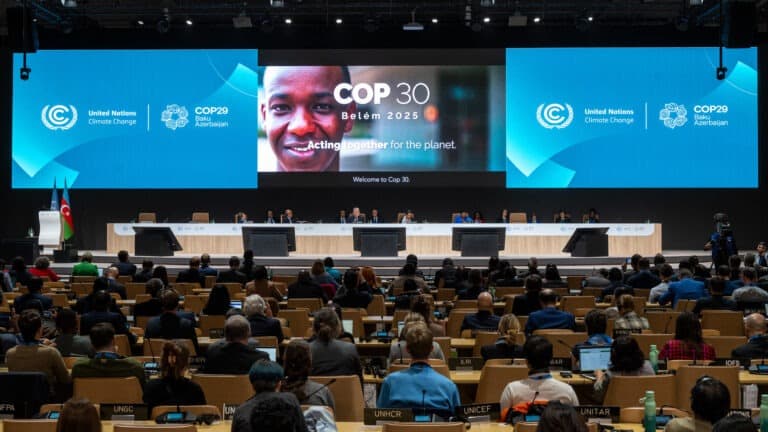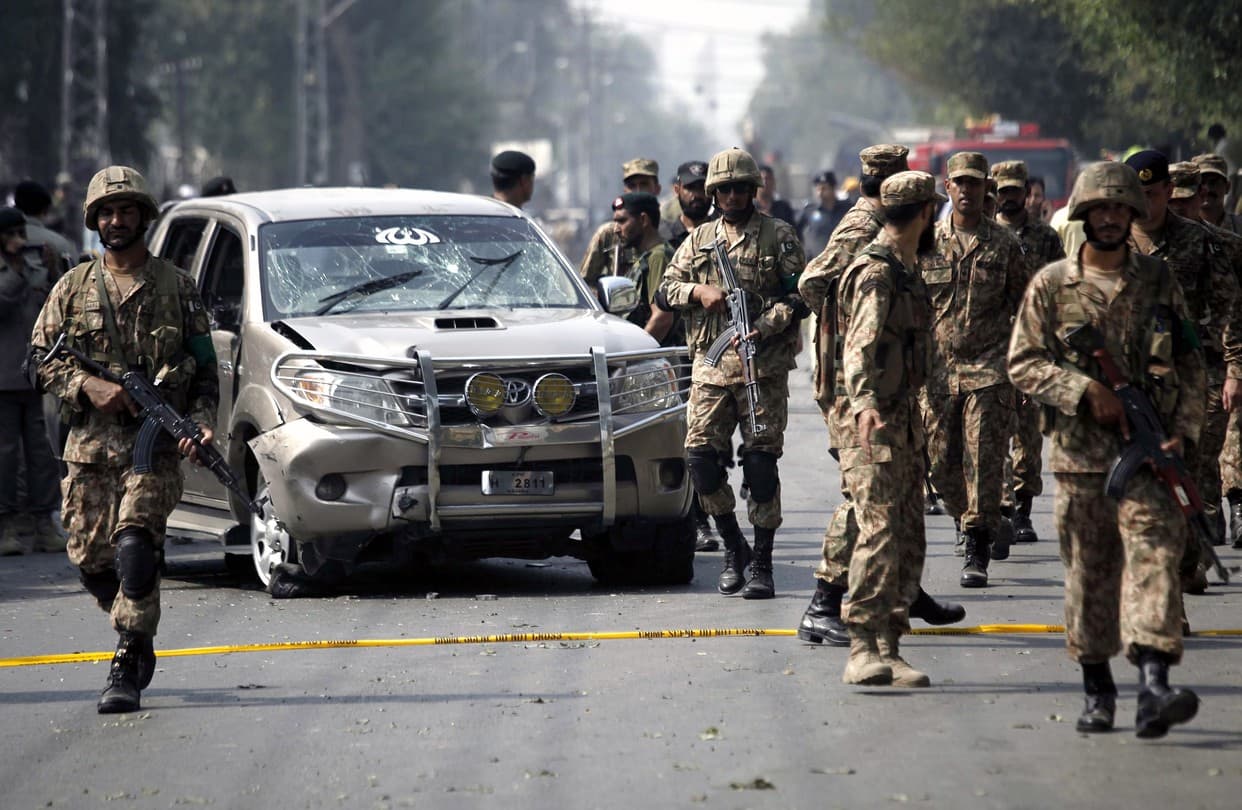Supreme Court panel keeps Bolsonaro in custody, deepens political rupture
A four judge panel of Brazil's Supreme Court voted unanimously to keep former president Jair Bolsonaro in federal police custody after an order citing flight risk. The decision intensifies political polarization, prompts street protests in several cities, and raises fresh concerns about investor confidence and institutional stability as Bolsonaro awaits final appeals of a 27 year prison sentence.

A panel of four justices on Brazil's Supreme Court on Monday voted unanimously to maintain former president Jair Bolsonaro in federal police custody, following an order by Justice Alexandre de Moraes that cited a risk of flight. Bolsonaro, 70 years old, was arrested after authorities said he tampered with an electronic ankle monitoring device while under house arrest, conduct prosecutors said heightened the risk of escape and violated court imposed restrictions.
The custody decision keeps Bolsonaro detained as he seeks to pursue final appeals of a 27 year prison sentence stemming from charges that he plotted to overturn the 2022 presidential election. Court filings and a custody hearing made public by the panel showed Bolsonaro contending that changes to his medication produced paranoia and hallucinations that led him to touch the device, and that he had no intent to flee. The justices rejected arguments that the episode did not justify continued detention, citing the combination of alleged tampering and the underlying convictions.
The ruling prompted street protests by Bolsonaro supporters in several cities, underlining the persistent depth of political polarization in Brazil. The move also drew international attention to the role of Brazil's judiciary in overseeing high profile defendants and to the limits of judicial remedies in politically charged cases. Analysts say the case presents a stress test for democratic institutions and for the capacity of the courts to secure compliance without further inflaming street politics.
Beyond the immediate legal and political consequences, the detention has economic implications. Investors and markets are sensitive to episodes that increase political uncertainty, particularly when they involve a former head of state with a substantial support base. Heightened volatility in the currency and bond markets is likely as traders reassess political risk premia, while portfolio managers watching Latin America will incorporate the episode into sovereign risk assessments and capital allocation decisions. Policymakers face the practical challenge of preserving macroeconomic stability while responding to a politically volatile environment.
Longer term, the detention highlights structural risks for Brazil's economic trajectory. Political polarization can complicate fiscal management, delay reforms, and deter foreign direct investment, trends that have previously contributed to swings in growth and in borrowing costs. Institutional resilience, including transparent legal procedures and predictable enforcement of judgments, will be closely watched by credit agencies and foreign investors when evaluating Brazil's outlook.
The court's unanimous vote underscores the immediate legal constraint on Bolsonaro's freedom, but the case is not yet concluded. He remains in federal police custody pending final appellate rulings on the convictions that led to his 27 year sentence. How the protests evolve and how markets and international observers react will shape the near term political economy, while the episode adds a consequential chapter to debates about governance, accountability, and the rule of law in Brazil.
&w=1920&q=75)

